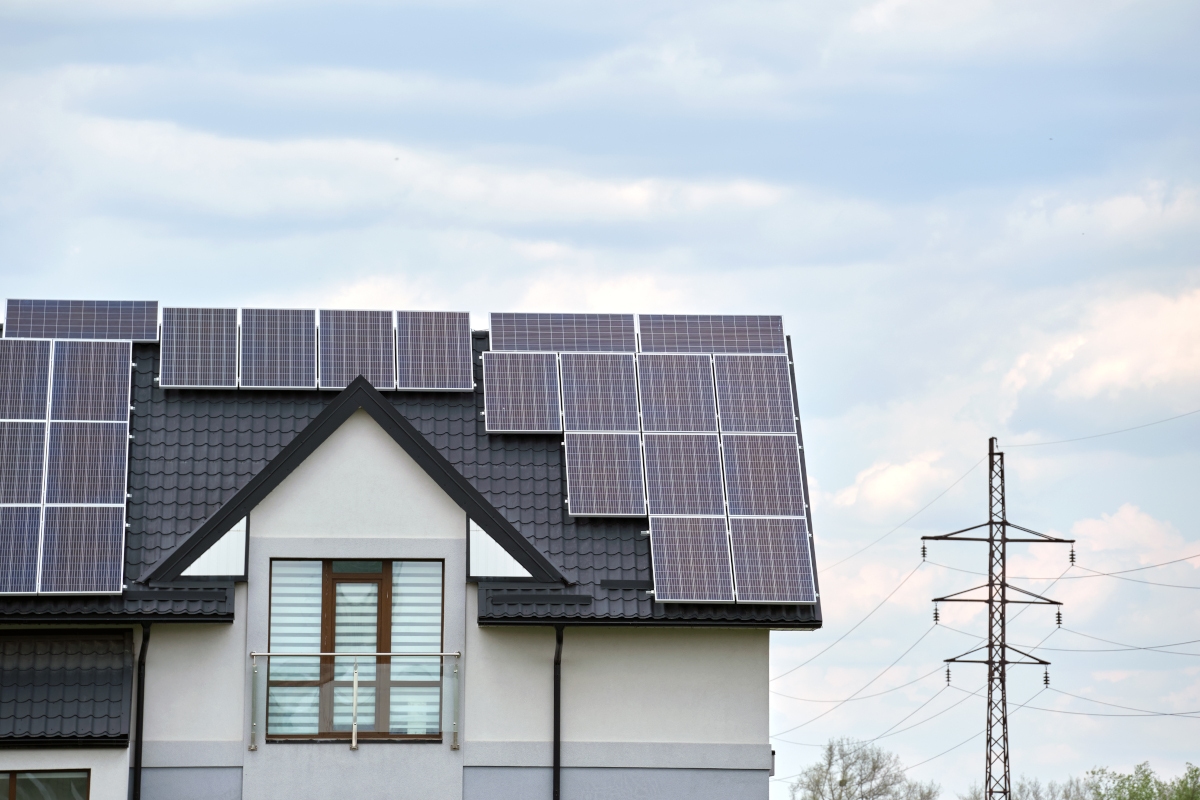

Customers of the grid company Norgesnett may receive lower grid fees if they charge their electrical vehicles (EVs) with surplus solar energy in their neighbourhood. The announcement is part of a joint launch with Volue of the eNabo service, the first of its kind in Norway.
The collaboration enables Norwegian electricity customers to be rewarded for using electricity at times that is beneficial to the neighbourhood level of the power grid. Norgesnett and Volue will work together as part of the Spark by Volue initiative, a thriving ecosystem of partners committed to sustainability. The goal is to establish a flexible grid that benefits the environment and generates long-term value.
The initiative seeks to facilitate the integration of renewable assets, initially in Norway and eventually across Europe, while maintaining a healthy and stable low-voltage grid.
“Many of us have become familiar with smart charging of electric cars, meaning we charge at times when electricity in the spot market is cheapest, typically at night. The problem with this type of first-generation smart charging is that it does not take into account the strain on the local power grid. It's not 'grid aware.' That's the element we're introducing now together with Norgesnett," says Kjetil Storset, Head of Spark by Volue.
“Today’s announcement supports our ambitions for the delivery of a resilient and balanced grid. By leveraging distributed energy resources, we are facilitating a more intelligent use of the power grid. Not only will this enhance grid stability, but it will reward consumers, creating value for our partners like Norgesnett in the process,” adds Kjetil.
“We all support the green shift, but for us as a grid company, solar panels on roofs and electric cars also pose a challenge. When a lot of solar energy flows onto the grid from private homes on sunny days, while more and more people choose to charge their electric cars at night, it creates increasing strain on the local power grid," says Vidar Kristoffersen, CEO of Norgesnett, which has around 100,000 grid customers.
The intention of the new service is to facilitate the influx of increasingly more solar energy from rooftops and increased use of electric cars without having to raise grid fees to finance extensive grid expansion.
The system will be managed through operators offering smart charging. The service will be offered in areas where it's seen that the grid is particularly heavily loaded. Initially, this will apply to around 160 neighbourhoods, but the number will increase as new solar production is rolled out. The customers who choose to join the scheme will have an extra line on their grid fee invoice from Norgesnett indicating the compensation. This will be independent of which electricity supplier they purchase electricity from.
With the new system, the grid company will receive an ongoing updated forecast for production, consumption, and bottlenecks in the local power grid in the coming days.
"We are passionately committed to keeping grid fees as low as possible, and for that, it's important to think innovatively, which we contribute to here," says Kristoffersen.
"If we do nothing, we'll soon face two alternatives. Either massive grid investments, which customers pay through increased grid fees, or throttling of solar energy production and electric car charging to avoid overload. In that case, we think it's much better to give customers a small reward for charging 'grid-smart' with local solar energy,” he adds.